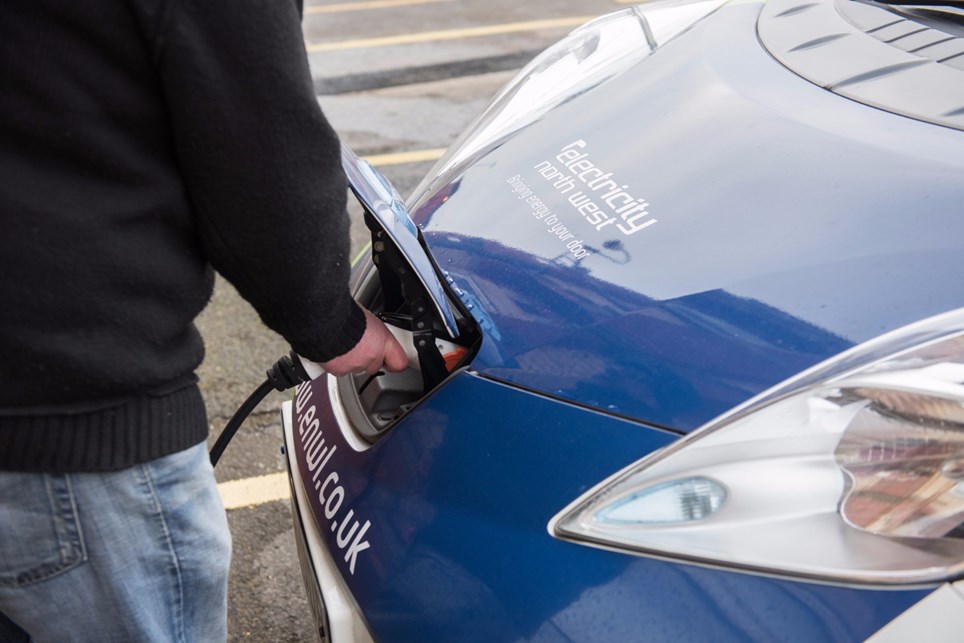Electricity North West, which is responsible for ensuring the region’s power network meets the needs of the region, says that according to its own research, there is a lot of confusion and conflicting information about the best way for businesses to prepare for the mass adoption of electric passenger vehicles.
It’s encouraging businesses to think about adopting low carbon technology now to reduce their emissions, rather than focus on net zero carbon as a medium-term objective.
Helen Boyle, Strategic Decarbonisation Manager at Electricity North West, says: “The need for electric charging infrastructure is a fairly new phenomenon and it is understandable that people may be confused about the impact of thousands of vehicles recharging. Trials with hundreds of thousands of electric vehicle users show the reality is that, unlike filling a car with petrol, people tend to top up in little bits at a time on a more regular basis.
“Rather than investing in a huge number of fast chargers, which could be very expensive and potentially underutilised, businesses and building owners should consider their overall charging strategy, which may be a mix of a small number of fast chargers and lots of regular outdoor plugs. This can be done quickly and at a much lower cost. Helping to get businesses on the path to carbon neutrality.”
Whilst electric vehicle charging provision is going to play a major part in getting building owners and business on the path towards decarbonisation, they need to be looking at a wider scope of changes. With demand on the electricity grid set to double over the next 20 years, Electricity North West says that businesses will have an important role to play in helping to generate renewable energy at a local level.
Boyle adds: “We expect the largest growth in demand on the network to come from the mass adoption of electric passenger vehicles. There needs to be a huge increase in locally connected renewable generation by building owners and businesses, which could include solar photo-voltaics and wind turbines in order to help meet this significant growth in demand.
“The business community in the North West consumes about two-thirds of the electricity demand in the region but is also ideally placed and has the resources to install the most renewables. Large roof tops and car parks are ideal places for solar panels. They can also be fitted onto the sides of buildings to capture the sun and help to reduce the thermal gain of the building by acting as a solar shade, which reduces the requirement for air conditioning in the summer months.”
Electricity North West is the Distribution Network Operator for the North West, investing £1million per day in the electricity infrastructure in Greater Manchester, Cumbria and Lancashire, to ensure the region can transition to a low carbon future.
At MIPIM, the world’s leading real estate event, Electricity North West will unveil the technical report behind its carbon reduction recommendations for businesses and the property industry in the North West. The research has been conducted by the Tyndall Centre and will be unveiled at an event hosted by Electricity North West on Thursday 12 March at The Manchester Pavilion, Promenade de la Croisette, Cannes.


